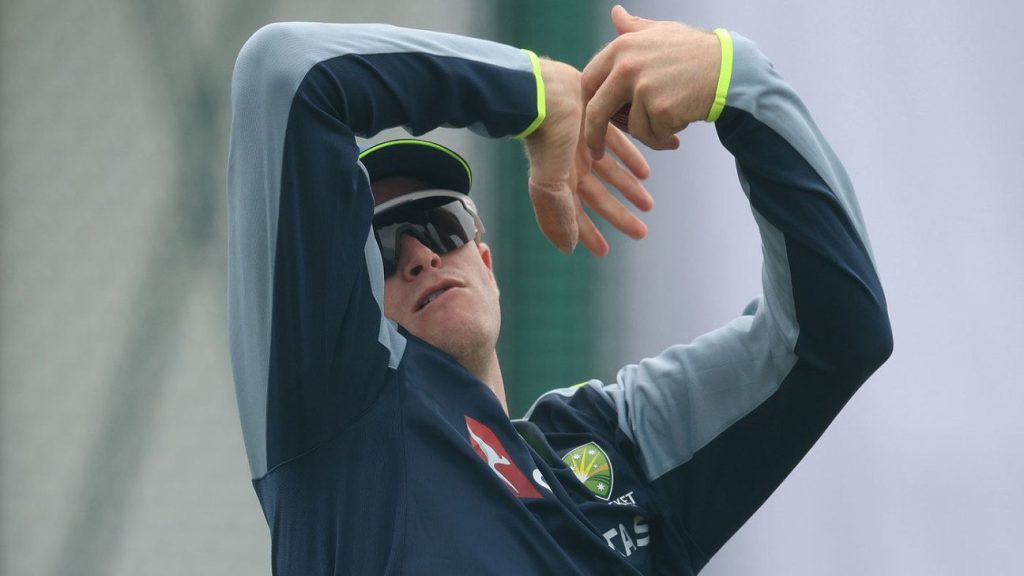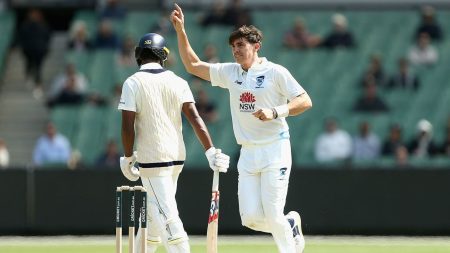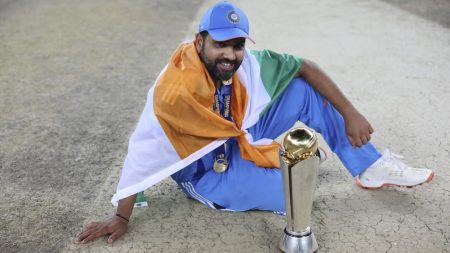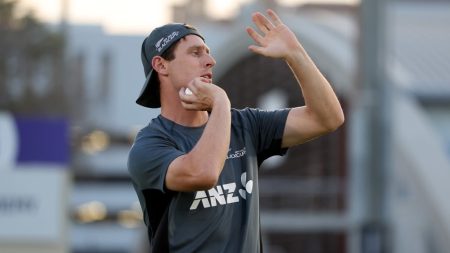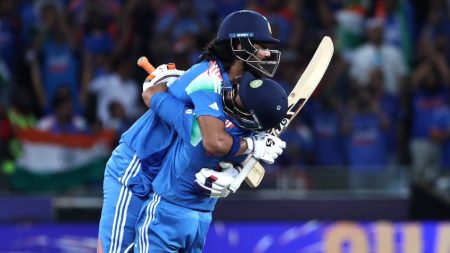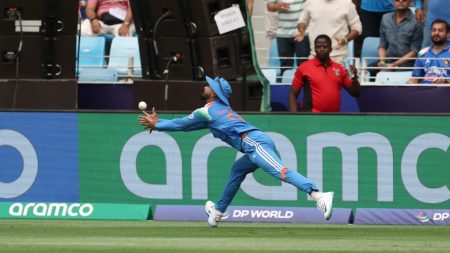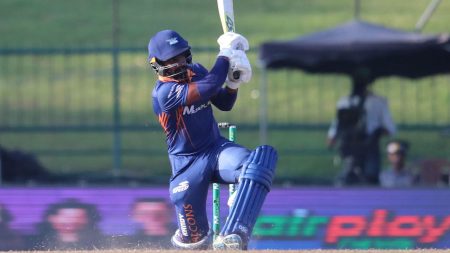The Stigma of Action Reports: A Lifelong Battle
Former South African offspinner and current Queensland and Brisbane Heat coach Johan Botha has expressed his concerns about the mental and professional impact on Matthew Kuhnemann following his action report. Botha, who faced similar issues throughout his career, believes that the stigma of an action report is a long-lasting burden, regardless of whether Kuhnemann is eventually cleared or not. "It is a long process, and unfortunately, either way, if you get cleared or not, it will always be there," Botha told SEN in Brisbane. "Guys think it’s a one-off and you get rid of it. That is not how it is. It is a process."
A Difficult Road Ahead
Despite the potential for a clean bill of health, Kuhnemann faces a challenging journey. Botha emphasizes that the process is not straightforward and that changes may be necessary if his action is found to exceed the permissible 15 degrees of elbow flex. "For now, he will have to bowl at a very similar speed and revolutions as he did in the Tests. Nothing gets changed now. He needs to try and prove himself not guilty, and from there on, if it is a ball or so over 15 degrees, he will obviously have some work to do, then a long process starts," Botha explained. The scrutiny will continue, as there will always be someone in the crowd, the opposition, or a match referee ready to voice their concerns.
The Unseen Scrutiny
Kuhnemann’s action report is particularly puzzling given his clean slate in an eight-year professional career. He has never been reported before, even during his debut in ODI cricket for Australia in Sri Lanka in 2022 and his three Test matches in the 2023 tour of India. Botha suggests that fatigue could have played a role in the scrutinization of his action, particularly at the back end of the second Test. "He bowled quite a lot of balls in the Test series. As you get tired, your action gets put under pressure," Botha noted. "When you start getting tired, the ball is older and softer, and you have to try and generate a little bit more pace. With the new ball, it obviously comes off the wicket a bit quicker, so I don’t think you need to force it so much."
A Personal Struggle with Action Reports
Botha’s own experience with action reports offers valuable insights for Kuhnemann. In 2009, after an ODI against Australia in Port Elizabeth, Botha was reported and subsequently banned from bowling the doosra by the ICC. However, his other deliveries were deemed legal. In 2013, while playing for South Australia in an Australian domestic 50-over match, he was cited again but cleared entirely. "I’ve looked at my stuff over the years, and it doesn’t feel like it looks at times. There’s a whole lot of different things. It’s a big process," Botha reflected. "Hopefully, for Kuhney’s sake, it’s just a little hiccup and it’s nothing serious."
Preparing for the Test
Kuhnemann is now set to undergo independent testing at an ICC-accredited center, with Brisbane being the likely location. The testing will determine if his action meets the 15-degree limit for elbow flex. Until the results are known, Kuhnemann remains eligible to play in domestic matches such as the Sheffield Shield and Dean Jones Trophy (Australia’s domestic 50-over competition). However, he is ineligible for international matches during this period. Kuhnemann did not play in Tasmania’s 50-over clash with Victoria on Thursday, indicating the seriousness of the situation.
Support and Guidance
Botha’s experience and advice will be invaluable to Kuhnemann as he navigates this challenging period. Botha advises Kuhnemann to bowl as close to his Test match action as possible during his first bowling test. "There’s no use trying to change things now. That could make it worse," Botha cautioned. While the road ahead is uncertain, Botha’s empathy and insights offer a glimmer of hope that Kuhnemann can overcome this hurdle and continue to thrive in his cricket career.

